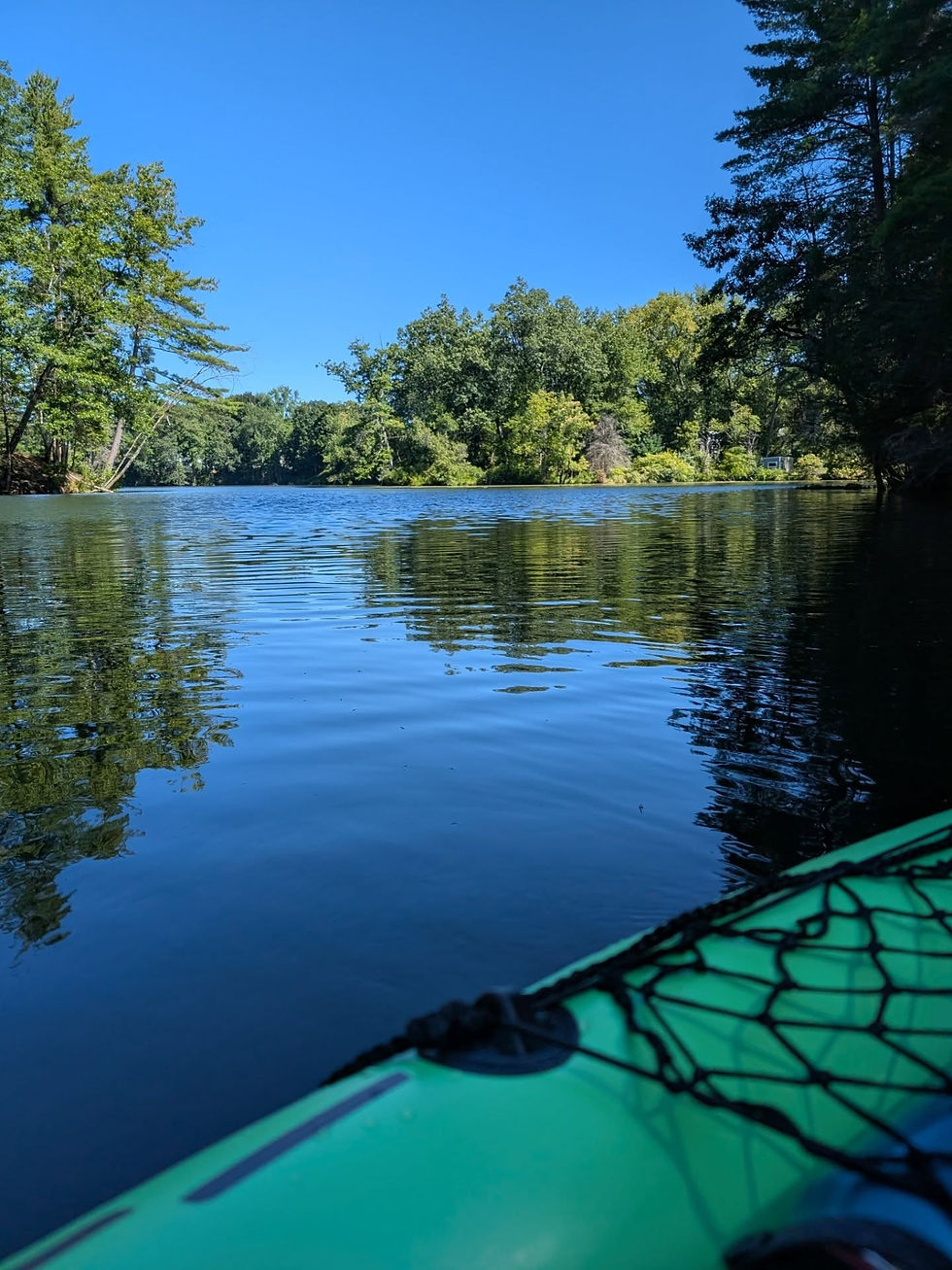Where To Find Your Purpose
- jesspare84
- Aug 27, 2025
- 2 min read
Where does one's purpose come from? How do we find it?
A friend recently asked me this and it led to a fascinating conversation.
As I thought back to my own 20 year exploration of this question, I noticed that the way I think about purpose has changed a ton.
In my 20s and early 30s, my ideas about purpose were more rigid. I thought that we had one clearly defined life purpose and it was our job to uncover it as quickly as possible so that we could get on with living it.
I linked purpose with work and felt that I needed to "find my calling" and that I could only pursue money-making activities that aligned with every aspect of my unique strengths and interests.
I thought my purpose needed to be not only how I made money, but also how I expressed my identity, and how I served humanity.
If you're familiar with the Japanese concept of Ikigai (finding the overlap between what you're good at, what you enjoy doing, what the world needs, and what people will pay for), this may be ringing some bells.
What I didn't realize was that this way of thinking put a ton of pressure on me to get it right. It presumed that there is one static purpose and that until I found it and actualized it in my life, I was wasting time.
It kept me paralyzed in overthinking and overanalyzing. It kept me safe from taking risks and trying things that might not work out. It kept me making career moves from my head rather than my heart. And ultimately, it led me to burnout as I strove for perfection.
So if this isn't how we find our purpose--by efforting and thinking and strategizing our way into it--how do we do it?
To answer that question I need to tell you a story.
A while back, my dad was in a yoga teacher training program and went to a talk by a guru who was visiting from India. At the end of the talk, he took questions from the audience and someone asked, "What is the meaning of life?" Baffled by the question, he needed his translator to repeat it multiple times, and finally he responded in English, "The meaning of life is to live."
This story has stuck with me ever since. It points to something so obvious but so overlooked in our achievement-oriented Western culture.
There is less to do than we think.
All the striving and efforting and urgency is a distraction from the simple fact that we are already enough.
When I released the need to prove myself and instead centered my pleasure, my peace, and my well-being, I opened the door to inspiration, to fascination, to curiosity, to delight, and to connection.
What if our purpose is really just to fully experience all there is for us to experience in this human body? To be present for the joy and the pain and the hope and the disappointment. What if there's nothing to get right?
(I'm pretty sure herons don't worry about their purpose...maybe we could learn something from them)





Comments